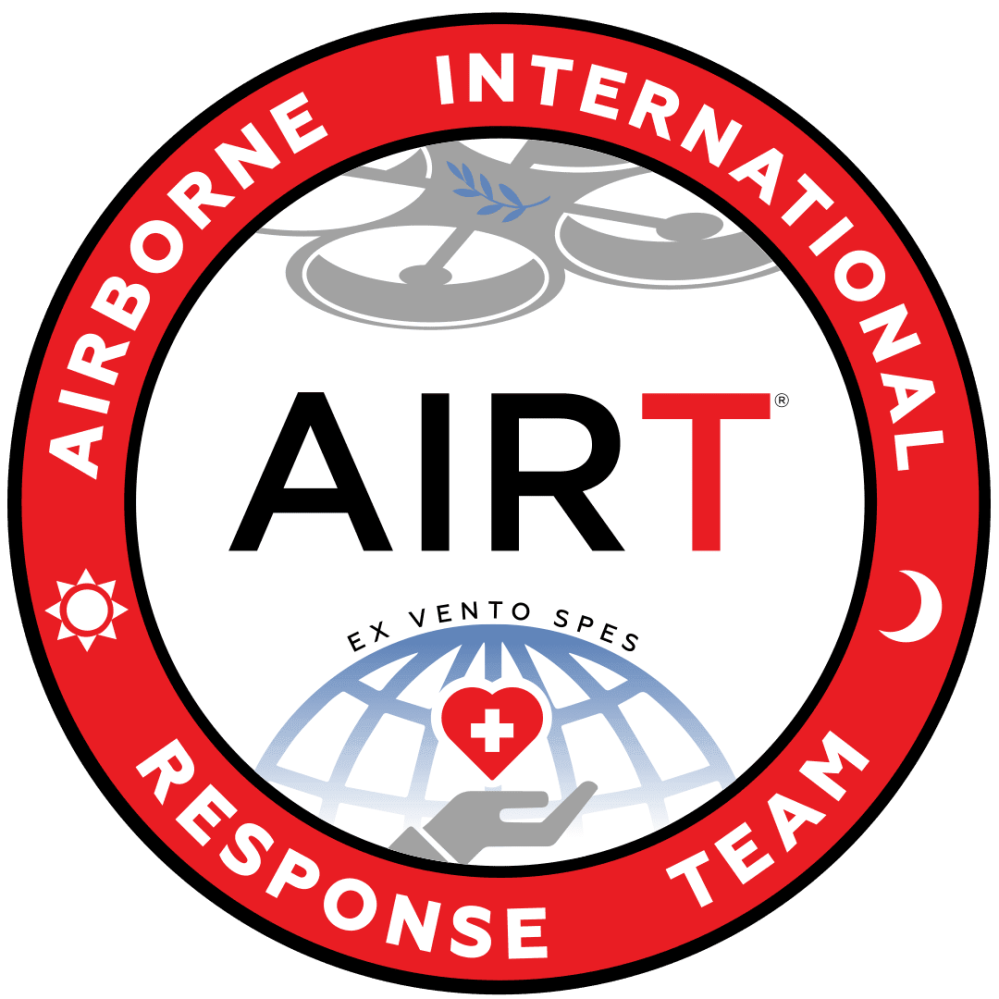
Drones for good is getting a research and analysis lift from Embry-Riddle Aeronautical University, which is teaming up with the nonprofit Airborne International Response Team (AIRT) to find ways to improve UAV deployment in emergency and rescue situations.
Embry-Riddle, the largest accredited US university system with a focus on aeronautic disciplines, is joining forces with AIRT to examine how drones are being used by first responders in the national airspace system (NAS). As they do, the partners will also seek ways to enhance, promote, and expand those deployments, and analyze how third-party pilots – whether service provider partners or private UAV enthusiasts – affect official safety operations by police, firefighters, and other public emergency responders.
Insight from the collaboration will help AIRT’s work in promoting “drones for good” at the heart of its DroneResponders program, the rapidly growing network uniting first responders, emergency managers, search and rescue specialists, and qualified service participants using drones to manage crisis situations and help victims in them.
Officials on both sides of the new partnership say the experience and expertise being pooled in their effort promise to produce far-reaching and ultimately life-saving results.
“AIRT and DroneResponders have established themselves as the leading nonprofit voice in the public safety sUAS sector,” said John M. Robbins, chair of the Aeronautical Science Department at Embry-Riddle’s Daytona Beach, Florida, campus. “This partnership will help us integrate first responder-centric data into the research we are presently conducting.”
Just last month, AIRT announced a link-up with the Association of Unmanned Vehicles Systems International’s Florida branch to launch a new public-safety initiative supporting the state’s first responders. Functioning as a project within DroneResponders, the resulting Florida Public Safety Coordination Group is working to create a framework within which public safety emergency response agencies can work quickly and efficiently with industry, government, and academic partners.
That initiative made going a step further with the AIRT- Embry-Riddle partnership a natural move.
“As the largest accredited university system specializing in aviation and aerospace, and with a residential campus based here in Florida, Embry-Riddle is an ideal partner for us to collaborate with to better understand how public-safety sUAS operations are impacting the NAS,” noted AIRT executive director Christopher Todd. “Working alongside Embry-Riddle… will allow us to help shape the next generation of aviation operations. This will ultimately lead to increased safety in the NAS for all partners and stakeholders.”
FTC: We use income earning auto affiliate links. More.



Comments